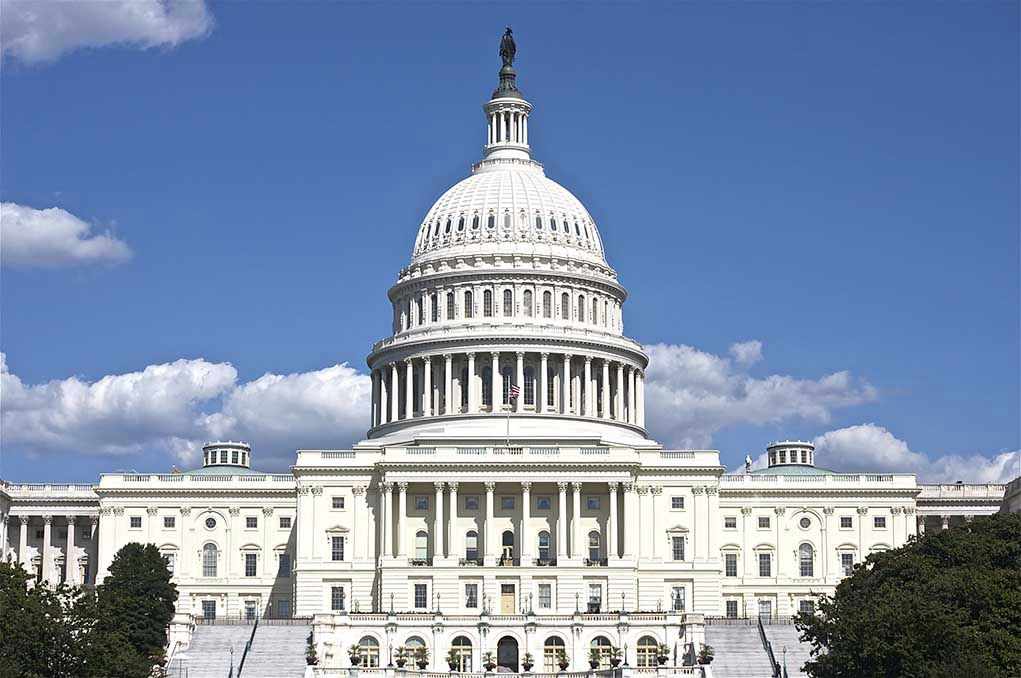
A record-breaking congressional exodus is underway as 37 lawmakers abandon ship, with more Republicans fleeing than Democrats—signaling deep fractures within the GOP that could hand Democrats golden opportunities to reclaim power in 2026.
Story Snapshot
- 37 congressional members (10 senators, 27 House reps) won’t seek reelection—a modern record
- Republicans lead the exodus despite holding slim majorities, revealing internal party tensions
- Strategic redistricting by GOP legislatures is backfiring, prompting some Democratic retirements
- Open seats create battleground opportunities that could flip congressional control in 2026
Historic Congressional Abandonment Reaches Crisis Levels
The 2026 election cycle has triggered an unprecedented wave of congressional departures, with 37 lawmakers choosing not to seek reelection as of September 2025. This figure represents the highest number of departures at this point in any modern election cycle. The exodus includes 10 senators and 27 House members, creating a massive reshuffling that will fundamentally alter the composition of Congress. The scale of these departures surpasses historical norms and signals deeper structural problems within America’s legislative branch.
Republican Party Hemorrhaging More Members Despite Majority Control
The partisan breakdown reveals a troubling reality for Republicans—more GOP members are fleeing Congress than Democrats, despite the party controlling both chambers with razor-thin margins. High-profile Republican departures include Senate Minority Leader Mitch McConnell, Senator Thom Tillis of North Carolina, and Representative Don Bacon of Nebraska. This Republican exodus reflects internal party warfare between Trump-aligned conservatives and establishment moderates, making governance increasingly difficult. The departures threaten Republican majorities and hand Democrats unexpected opportunities to flip competitive seats.
Redistricting Wars Drive Strategic Retirements
Aggressive redistricting efforts, particularly in Republican-controlled states like Texas, have created unintended consequences by forcing retirements on both sides. Democratic Representative Lloyd Doggett chose retirement rather than face a primary battle in a redrawn district designed to favor progressive challengers. These mid-decade redistricting maneuvers represent a concerning trend of partisan gerrymandering that undermines fair representation. The practice demonstrates how political manipulation of electoral maps can drive experienced lawmakers from office, weakening institutional knowledge and effectiveness.
Electoral Battleground Expansion Threatens GOP Control
The wave of open seats is transforming the 2026 electoral landscape, with multiple races now rated as toss-ups or leaning toward Democrats. Senator Tillis’s North Carolina seat and Representative Bacon’s Nebraska district have shifted from safe Republican to competitive battlegrounds. Political forecasters note that open seats typically favor the challenging party, giving Democrats strategic advantages in reclaiming congressional control. This development could prove catastrophic for Republican efforts to maintain their legislative agenda and support President Trump’s policy priorities.
The congressional exodus represents more than typical political turnover—it signals a crisis of confidence within Republican ranks and creates dangerous vulnerabilities for conservative governance. As filing deadlines approach, additional departures seem likely, potentially handing Democrats the keys to Congress and derailing the America First agenda that voters demanded.
Sources:
A Record Number of Congressional Lawmakers Aren’t Running for Reelection in 2026
Record Number of Lawmakers Aren’t Planning to Run for Reelection
Twenty-three Members of Congress Have Announced They Will Not Seek Re-election in 2026












